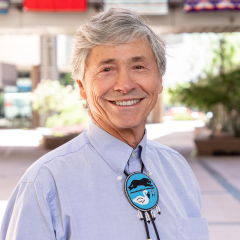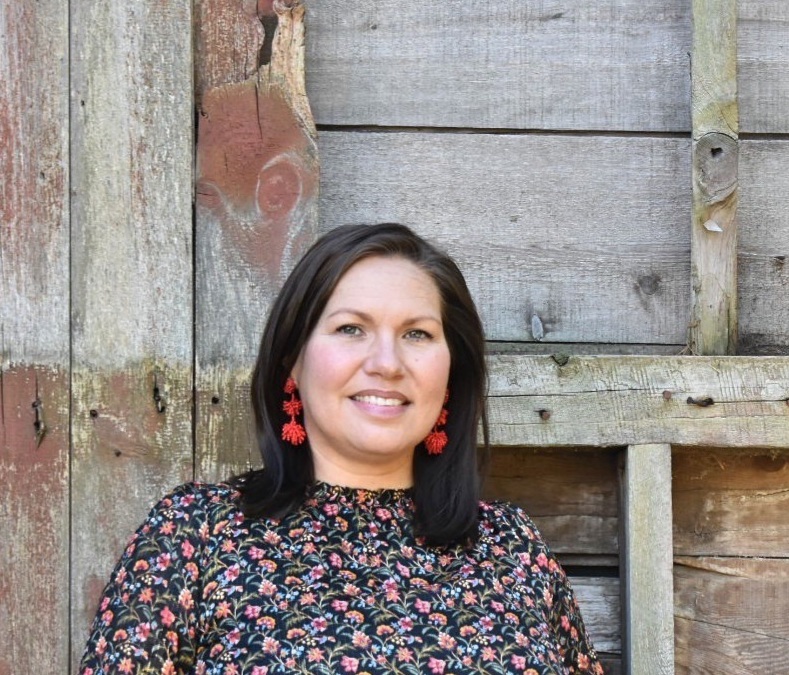Native scholars to headline NSU’s Symposium on the American Indian
TAHLEQUAH, Okla. — Northeastern State University is welcoming Indigenous scholars to give keynote presentations focusing on Sovereignty at the 51st annual Symposium on the American Indian.
The symposium will be held April 15-20 and is free and open to the public. Keynote speakers, Robert Miller, J.D. and Dr. Kasey Keeler, will present on this year’s theme, "Indigenous Scholars Speak on Sovereignty: 100 Years after the Indian Citizenship Act."
On April 17, Miller will begin his keynote on “The Future of Oklahoma and Indian Country after McGirt v. Oklahoma from 9 – 10:30 a.m. in the University Center Ballroom, located on the second floor.
Miller, a legal scholar specializing in Federal Indian law, is of the Eastern Shawnee Tribe. In 2014, he was elected to the American Philosophical Society, where his publications and experiences include teaching, research and practice.
A majority of Miller’s work is centered on Indian law issues across the United States and other countries. Miller’s keynote presentation will focus on his most recent publication “A Promise Kept” which explores the circumstances and implications of McGirt v. Oklahoma from a legal and historical context. His presentation will also highlight the impact of the Indian Citizenship Act of 1924.
Keeler will deliver her keynote presentation on April 18 from 1 – 1:50 p.m. in the UC Ballroom. Her keynote will examine the complex and intertwined nature of race and citizenship in early land-based policies across the U.S.
Keeler is a Tuolumne Band Me-Wuk Tribal citizen and has her Ph.D. in American studies. She is currently an assistant professor at the University of Wisconsin-Madison and teaches both American Indian Studies and the Civil Society and Community Studies programs.
Her research is focused on federal Indian policy, land and dispossession, placemaking and contemporary issues impacting American Indians. Keeler recently published a book titled, “American Indians and the American Dream.”
Both speakers will follow their presentations with a book signing. The symposium will also include daytime and evening events throughout the week including the NSU Powwow, storytelling, vendor booths and more. All events are open and welcome to the public.
For more information or a complete schedule of events, visit nsuok.edu/symposium, call 918.444.4350 or email tribalstudies@nsuok.edu.
About the Symposium
The Symposium on the American Indian is a community event welcoming individuals from all demographics including K-12 and college students, educators, professionals and community members. There is no registration fee and events are open to the public.
The symposium began as a one-day event in 1972. Over the next 51 years, the symposium has evolved and expanded into a full week of speakers, concurrent sessions/workshops and film series attracting visitors from across the United States and overseas.
Funding for this program is provided in part by a grant from the Oklahoma Humanities and the National Endowment for the Humanities. This project was also supported in part by the Oklahoma Arts Council, which receives support from the State of Oklahoma and the National Endowment for the Arts.
###


